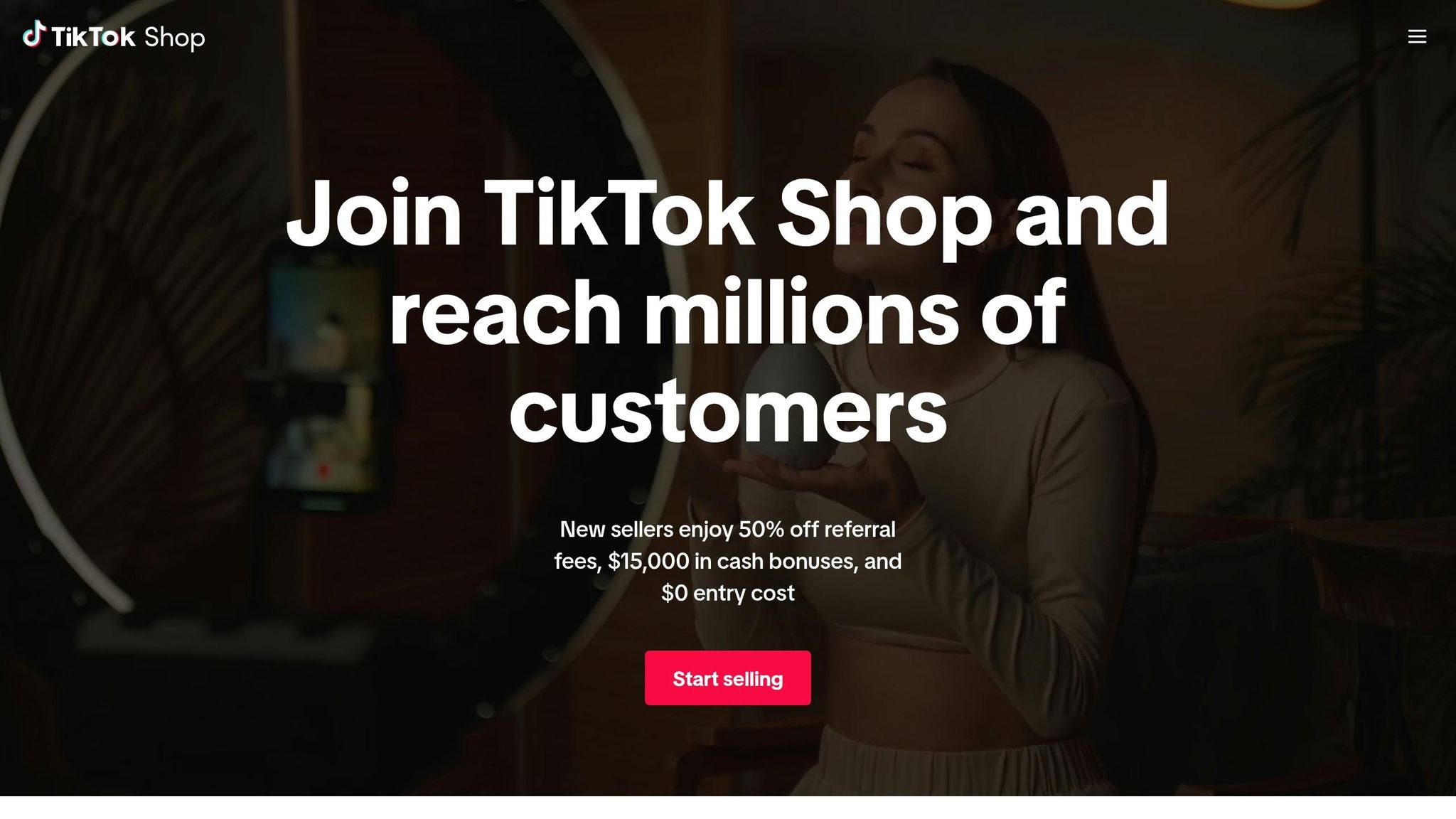In today’s fast-paced entrepreneurial ecosystem, startups and SMEs often struggle with the same challenges: how to validate product ideas, secure their first customers, and determine the right moment to scale or pivot. Brendan Tobin, founder of Odd Marketing Group, sheds light on these critical stages of business growth based on his extensive experience scaling some of the fastest-growing direct-to-consumer (DTC) brands.
This article breaks down Brendan’s actionable insights into a structured roadmap for startup founders, SME owners, and business leaders looking to validate ideas and build sustainable growth strategies. Whether you’re just starting out or preparing to scale, these strategies will help you make informed decisions to stay ahead in today’s competitive market.
The Foundation of Early-Stage Success: Validating Product Ideas
One of the biggest mistakes founders make is falling in love with their product instead of focusing on distribution. According to Tobin, "Don’t waste time on things that don’t move the needle. Fall in love with offering something people actually want to buy." So, where do you start? Here’s a practical approach:
1. Sell Before You Build
- Instead of perfecting a product upfront, create a basic prototype or even just a mockup.
- Set up a simple landing page and run targeted ads (e.g., on Facebook or TikTok) to gauge audience interest.
- If people are willing to purchase, you’ve validated initial demand and can move forward. If not, you’ve saved months of development time and resources.
Case Study Insight: A DTC brand in Odd Marketing’s portfolio achieved over $10 million in sales in its second year. Their secret? Early on, they launched a rudimentary one-page website and ran ads to test demand before developing the final product.
2. Test, Iterate, and Learn
Launching quickly allows you to gather real-world feedback. This feedback is invaluable for iterating on your product or service to better fit customer needs. Remember, early-stage efforts should focus less on perfection and more on learning and adapting.
Transitioning from Scrappy Startup to Scalable Growth
While hustling and being scrappy are crucial during the early days, scaling requires a completely different mindset. Brendan emphasizes the importance of recognizing when your initial systems and strategies are no longer sufficient. Here are some guiding principles:
1. Start Small, Think Big
For startups, it might feel tempting to target large enterprise clients or Fortune 500 companies from the outset. However, this can be a risky move. Instead:
- Begin with smaller, more approachable customers who are willing to provide feedback and grow with you.
- Use these early wins to refine your offering and build case studies.
2. Recognize the Signs to Scale
Scaling should happen once you’ve gained enough insights and confidence in your market fit. Tobin notes, "Once you understand the market and know the learnings, that’s when you’re ready to scale."
This phase requires robust systems and processes, as well as the right talent to execute them. Without these foundations, scaling prematurely can break your business.
Mastering the Art of the Pivot
Pivoting is often seen as a moment of failure, but in reality, it’s a sign of adaptability - a critical trait for startup success. The key is to make pivots thoughtfully and incrementally rather than overhauling your entire business in one go.
1. Listen to Market Signals
The decision to pivot should be driven by data and customer feedback, not personal feelings or assumptions. Observe customer behaviors, analyze sales trends, and assess whether your current approach is truly working.
Expert Tip: When exploring a pivot, think of it as a "minimum viable pivot." Test a minor change before committing fully. For example, when Tobin’s agency shifted focus to TikTok Shop services, they started by repositioning their marketing message without abandoning their legacy services altogether.
2. Manage Stakeholder Expectations
Founders often worry about alienating early supporters during a pivot. Tobin reassures that customers and partners care less about your internal changes than you might think. As long as you deliver on your promises, minor shifts in focus are unlikely to cause major disruptions.
Channel Strategy: Where Should Your Startup Focus Its Efforts?
Early-stage startups often feel overwhelmed by the sheer number of marketing channels available. Which ones should you prioritize? Tobin offers tailored advice depending on your business model:
1. For B2B Startups
- Google Search: Capture demand from customers actively searching for your product or service.
- LinkedIn: Target specific industries by focusing on decision-makers within your ideal customer profile (ICP).
2. For DTC Brands
- Social Media Ads: Platforms like Facebook, Instagram, and TikTok are ideal for reaching consumers and testing demand for physical products.
- TikTok Shop: Social commerce, especially on TikTok, is revolutionizing how brands connect with younger audiences. While still in its early stages, TikTok Shop offers a tremendous opportunity for brands looking to stand out in competitive industries.
3. When to Hire an Agency
It’s often best to handle marketing internally at first so you can gain an intimate understanding of your customers. Once you’ve established product-market fit and are spending consistently on ad campaigns, consider hiring an agency to optimize and scale your efforts.
Social Commerce: Why TikTok Shop Is a Game-Changer

TikTok Shop is rewriting the rules of e-commerce by merging entertainment and shopping. But is it the right channel for every startup? Here’s what founders need to know:
- For Early-Stage Brands: TikTok Shop can help capture attention in a way that traditional platforms like Amazon or Instagram might not. However, it requires significant investment in content creation and storytelling to succeed.
- For Established Brands: TikTok Shop is ideal for brands that already have significant traction but want to stay ahead of consumer trends. It provides a fresh way to engage audiences and drive sales on a growing platform.
Building a Playbook for Long-Term Startup Success
Looking back on his journey, Tobin highlights three critical steps for launching and scaling a successful brand:
1. Identify an Industry with Momentum
Don’t fight uphill battles in stagnant markets. Instead, align your business with industries experiencing rapid growth (e.g., AI, health tech, or emerging sports like pickleball).
2. Find Your Differentiator
Once you’ve chosen your market, pinpoint gaps in the existing offerings. Use tools like Reddit, AI, and Google Trends to understand what customers need but aren’t currently getting.
3. Test Before You Commit
Launch small, gather feedback, and iterate. Even if you have to refund early buyers, you’ll walk away with valuable insights that will save time and money in the long run.
Key Takeaways
- Validate Before Building: Test demand with mockups and ads before investing in product development.
- Be Scrappy, Then Scale: Focus on learning during the early stages, but build systems and hire talent when you’re ready to scale.
- Listen to the Market: Pivoting is a natural part of growth, but do it incrementally to minimize risk.
- Choose Channels Strategically: Align your marketing efforts with your business model - B2B brands should prioritize Google and LinkedIn, while DTC brands should focus on social media platforms.
- Leverage Social Commerce: TikTok Shop offers unique opportunities for both emerging and established brands, but requires a solid content strategy.
- Prioritize Growth Markets: Industries with strong tailwinds (e.g., AI or emerging sports) provide a better foundation for success than saturated markets.
- Test Relentlessly: The more experiments you run, the higher your chances of finding a winning idea.
Conclusion
Brendan Tobin’s insights provide a practical framework for startup founders navigating the complexities of early-stage growth, scaling, and pivoting. By staying customer-focused, validating ideas early, and being strategic about marketing efforts, founders can build businesses that are not only innovative but also resilient in today’s ever-changing market.
Start small. Think big. Test often. These principles will guide you toward sustainable growth and long-term success.
Source: "From Mockups to Market: Testing Product Ideas with Targeted Advertising" - StartHub, YouTube, Sep 8, 2025 - https://www.youtube.com/watch?v=W1bizOVNuhE
Use: Embedded for reference. Brief quotes used for commentary/review.



